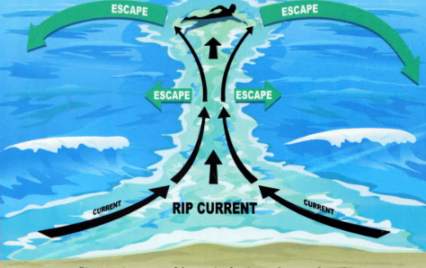 One aspect of the pre-Easter season (Lent) is confession…
One aspect of the pre-Easter season (Lent) is confession…
Well, not really. The majority of Evangelicals avoid or ignore the command to confess and even the concept of confession. One great excuse is that we don’t have to be like Catholics who have to answer to a priest for our sins and then do penance. We don’t need a mediator between us and God. How empowering!
But, ignoring or avoiding confession also gives us a chance to hide in our sin and deceive ourselves and others…hum…not so empowering! That’s like putting our soul in jail.
True and thorough Healing and transformation come in and from the context of community.
Jame 5:16
International Standard Version (©2012)
Therefore, make it your habit to confess your sins to one another and to pray for one another, so that you may be healed. The prayer of a righteous person is powerful and effective.
But –Why would confessing heal us?
There is a kind of cleansing that happens in confession. That’s why it’s not optional. It’s not just a purge from our end either.Revealing ourselves to others has transformative power. Thousands of 12 Step followers will tell you countless tales of life-altering transformation that came through this route.
Simply put–God purposefully makes healing real and possible when authenticity happens with others. It will not happen on our own. This is by design because it makes us healthier to be connected in such a way.
There are no AA groups with 1 member because that would ensure failure. Healing works the same way for all us in that regard. Isolation keeps us stuck and unwell. Blind.
The Holy Spirit uses our honesty and uses our transparency and does his good work. Transformation! A confession is not just an apology (“Hey, sorry I made you feel that way.”) but rather it’s a careful decision to be authentic, to expose one’s self to the light of truth, to change, and to take a new course. So it is blessed.
This is the power and efficacy of prayer and repentance.
In the next post I’ll cover who we should or could confess to…
Do you think it matters who we confess to? (leave me a comment or voicemail)
Do you confess your sins and shortcomings regularly? (leave me a comment or voicemail. Yes or no and why or why not.)
It’s easy to forget to visit this blog, because you’re busy. I know how that is. I update with new content about 3 times per week. You can get the new stuff sent to you AND you can use my content as well. So, click in the side bar for new content delivery and please check out the Permission Policy page for the rules for fair usage. Thanks for spending some time here today. :)
LASTLY- Is there anything you should confess? You are invited to do that here, or simply admit to confessing to some other human here (if you want to confess in another venue).
photo image found here:





